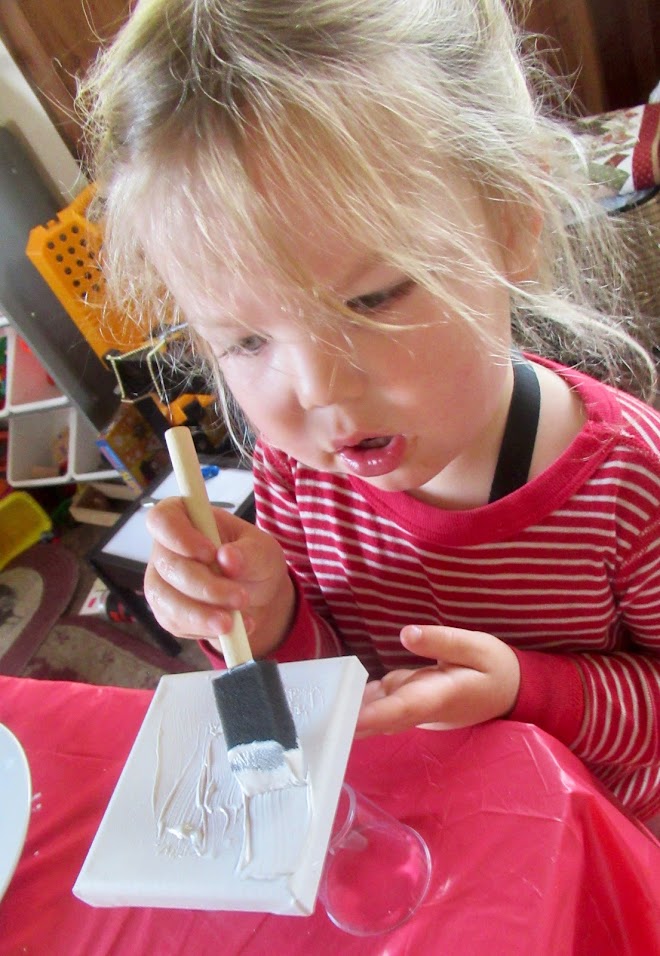This is an excerpt from “Never Hit your Sister with a Baseball Bat; it Makes a Bad Impression on her Mind.”
On the Steps-Again
When growing up on Fellowship Street, baseball was another example of process versus product, where process was everything and product (as in, who won?) was not even on the radar. Though the orange groves were now gone, replaced with tract homes, our street was still old-school, with one acre lots, front yards and homes with screened-in porches.
There were two vacant lots available for baseball, one directly across the street, and the one between our house and the start of the tract homes. Early in the morning or anytime after dinner, we played next door, so as not to bug either Mrs. Downen on the left or Miss Buck on the right, of the field across the street from our house.
However, once the day was under way, we played across the street, in marathon games that began as soon as breakfast and chores were dispatched with, and continued all day. The games would continue until the dinner hour demanded that kids who did not want to sit on the steps and listen to the sound of the rest of the family grubbing down, get back to the house in time to wash up, before grace was said.
Those who did not hear the bell (or did hear it but opted for one last at-bat) and arrived late for dinner, were invited to occupy said steps until Papa figured you had learned your lesson, or more likely when it was deemed essential that you join the table before the food was gone. In our house everyone filled his or her plate before saying grace, to give everyone an even chance, so sitting on the steps was decidedly not a good strategy to practice.
The rules of the baseball game were simple. You couldn't strike out, thereby ensuring that all willing participants would be allowed to play, and there was no limit to the number of kids who could play at one time. My older brother Brian and I had to be on opposite teams in the early days, because we were the only southpaws, and there was only one left-handed glove. Therefore we-or rather, I-had to be sure that we never ended up on the same team, or I would be the one without a mitt.
Whereas you couldn't strike out, you could foul out, because chasing foul balls was time-consuming (especially trying to locate a ball in tall grass...“Dear St. Anthony, I hope you're around; we've lost our ball and it can't be found.”)
Our games would begin as soon as we had enough players to be able to field a first baseman and at least two outfielders. We could close off right field, since both Brian and I were right-handed batters, and no one else ever tried anything as exotic as switch-hitting. Then we could simply make any ball hit to the right of center field foul, and then open up the field when there were enough to fill all of the positions.
Every kid who showed up was allowed to play, as long as it was established that he or she could handle a batted ball well enough to avoid injury. I liked that everyone could play because that meant that JT could play too. Her enthusiasm dipped for a little while after she got hit in the forehead with a baseball bat, but she came back stronger than ever. I promised I would never swing the bat when she was in my immediate vicinity again, and she forgave me. Heavens to Mergatroid. I never saw such blood.
Kids came and went, depending on the responsibilities each had to account for in order to be able to break free and play in the game. We didn't mind, though, if players came and went, because the game itself never stopped. The score could easily end up 77-73, though no one ever kept track of the innings-why bother?
The games would break up only when the depleting ranks made everyone realize that the time had arrived. We could always come back out afterwards, but that rarely happened, because there were too many dishes to be washed, and besides, though coming back outside was generally the norm, it was to shift the focus from day sports to night sports.
Anyone for Hide-N-Seek? NOT IT!















No comments:
Post a Comment